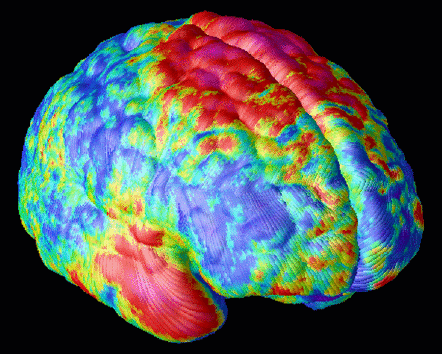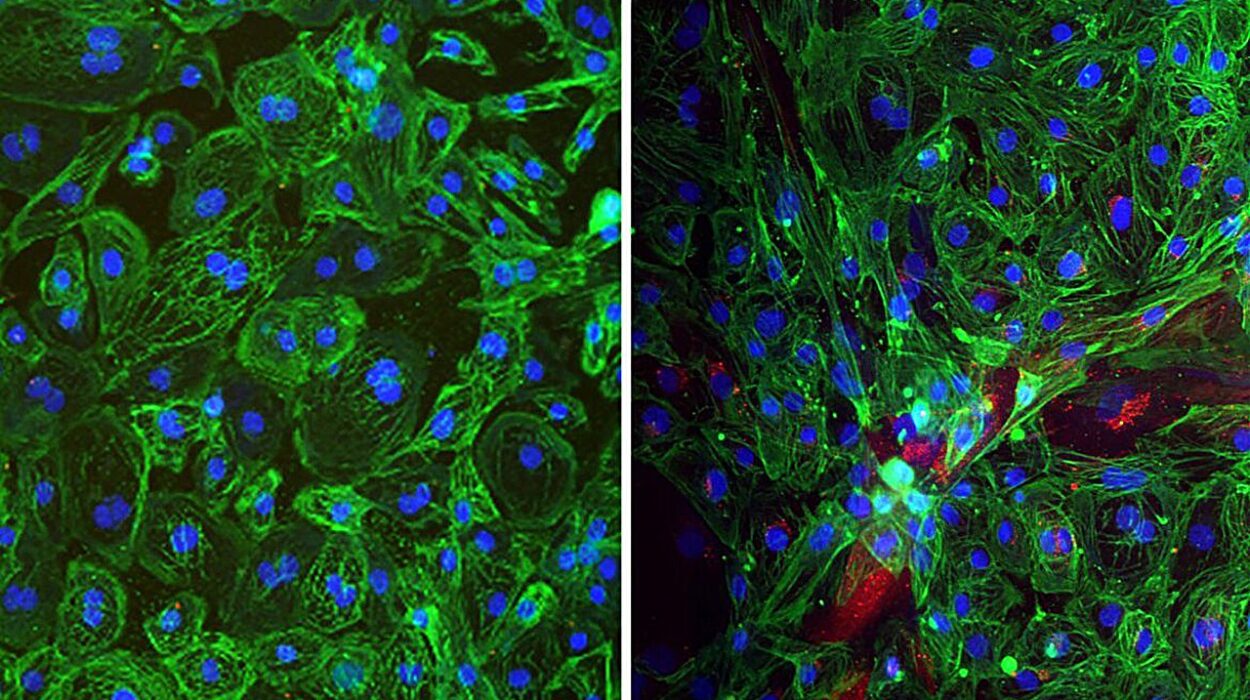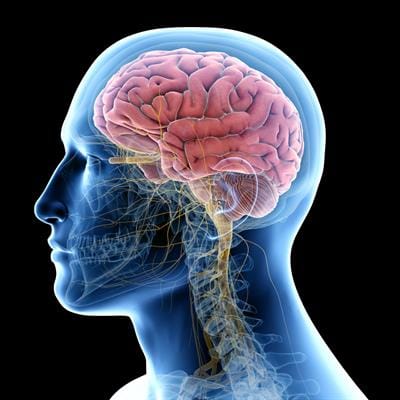As science inches closer to decoding the labyrinth of Alzheimer’s disease, a delicate ethical dilemma has taken center stage—should healthy research participants be told their risk of developing Alzheimer’s dementia? A groundbreaking study from Washington University School of Medicine in St. Louis adds depth to this conversation, not only unveiling the nuanced decisions people make when given this choice, but also illuminating the psychological weight of knowing one’s cognitive fate. Published in JAMA Network Open, the research redefines what it means to be informed in the age of predictive biomarker science.
The Promise and Paradox of Predictive Science
Alzheimer’s disease continues to be one of the most dreaded diagnoses in modern medicine. With no definitive cure and limited treatments that only marginally slow its progression, learning about one’s risk carries enormous emotional and existential implications. Yet, advances in genetic testing, blood biomarkers, and brain imaging have made it increasingly possible to estimate an individual’s likelihood of developing Alzheimer’s disease dementia—sometimes decades before symptoms emerge.
This new era of biomedical prediction presents a paradox. On the one hand, knowing one’s risk can enable lifestyle changes, advanced planning, or participation in clinical trials. On the other, it can ignite fear, anxiety, and a sense of helplessness—especially given the current lack of medical interventions to alter that risk trajectory.
“We are seeing a general trend in both medicine and research toward returning results to participants, even when there’s nothing that can be done with that information,” said Dr. Jessica Mozersky, senior author of the study and assistant professor of medicine at the Bioethics Research Center at Washington University. “But our findings suggest that people may not want to know, particularly when the information involves a progressive, fatal, and currently untreatable disease.”
From Theory to Reality: What People Say vs. What People Do
The research team conducted its study within the framework of the Knight Alzheimer Disease Research Center’s long-standing Memory & Aging Project. Established in 1979, the project has evolved into a rich platform for studying Alzheimer’s progression, particularly among cognitively normal individuals as they age. Many of these participants undergo comprehensive testing, including genetic screens and brain imaging, offering researchers detailed risk profiles of potential dementia onset.
Mozersky’s study focused on 274 cognitively healthy individuals who had previously agreed to participate in longitudinal Alzheimer’s research. These participants were suddenly offered a unique and highly personal opportunity: to learn their estimated risk of developing Alzheimer’s dementia in the next five years. This offer was significant not just for what it revealed about human psychology, but also for the precedent it sets in biomedical ethics.
When asked hypothetically in earlier surveys, 81% of participants across the broader study said they would want to know their results if such data became available. But when faced with the actual opportunity, only 60% of the 274 participants opted to receive their results.
This drop-off underscores a critical truth in bioethics: hypothetical willingness often wilts under the weight of real-life decision-making. The moment of truth, it seems, brings with it far more hesitation than initial theoretical interest suggests.
Weighing the Pros and Cons: Risk Knowledge as a Double-Edged Sword
Before making their decision, participants received an extensive information guide that outlined the method of risk estimation and offered examples of potential benefits and harms. Among the advantages was the possibility that individuals might learn they are at low risk—reassurance that could alleviate vague, background worries. Those identified as high-risk could also be eligible for new clinical trials that target early stages of Alzheimer’s pathology.
But the disadvantages were no less significant. Receiving a high-risk estimate might lead to increased anxiety, depression, or feelings of doom. Some types of insurance—like long-term care or life insurance—could become harder or more expensive to obtain. And fundamentally, the knowledge might burden not only the individual but also their family, whose perception of the person might shift from hope to dread.
Crucially, because these results are confined to research settings, they are not entered into medical records unless participants themselves choose to share them with their healthcare providers.
The Demographics of Declining
Interestingly, not all participants approached the decision with the same lens. Those with a family history of Alzheimer’s—especially individuals who had watched a parent suffer through the disease—were more likely to say “no” to receiving their results. Likewise, African American participants in the study were more inclined to decline, raising important questions about cultural, historical, and community-specific experiences with health information and medical systems.
Some declined because they felt content with their current cognitive state or believed they were mentally prepared for any future outcome. Others cited religious or philosophical beliefs that led them to accept fate without interference. And many pointed to a central flaw in the risk prediction process: even the most advanced models cannot guarantee who will or will not develop the disease. The estimates come with a fog of uncertainty, which, paradoxically, can be both comforting and confusing.
Mozersky and her team conducted interviews with a subset of those who declined, hoping to better understand the reasoning behind their decisions. The conversations revealed layers of complexity, introspection, and emotional calculation. For some, ignorance was not avoidance—it was empowerment.
The Power of Choice and the Ethics of Knowing
This study arrives amid a broader shift in biomedical ethics. National bodies like the National Academies of Sciences, Engineering and Medicine have recently advocated for offering research participants access to their results, even when those results cannot yet be medically acted upon. A participant bill of rights crafted by Alzheimer’s advocacy organizations also pushes for transparency and the right to know.
But Mozersky’s findings argue that with this right must come the equally protected right not to know.
“In studies like this, returning results should not be framed as a default good,” said Dr. Sarah M. Hartz, co-lead author and professor of psychiatry at Washington University. “It must be a genuine choice, free from pressure or expectation. The best approach isn’t to assume everyone wants to know—it’s to ask how they want to be involved.”
This nuance is critical. It respects autonomy while acknowledging that autonomy includes the ability to say “no thank you.” And as new blood tests and imaging tools become more accessible—and as pharmaceutical companies invest in pre-symptomatic treatments—the question of who should know what, and when, will only become more urgent.
Toward an Ethical Framework for Future Studies
The implications of this research are far-reaching. As Alzheimer’s prediction technologies continue to improve, researchers designing new studies must develop communication strategies that are sensitive, transparent, and non-coercive. In particular, care must be taken to avoid framing knowledge as inherently beneficial—especially when that knowledge has no immediate therapeutic application.
One future challenge lies in ensuring equitable access and informed consent across diverse populations. If certain demographic groups consistently opt out of learning their risk, their underrepresentation in clinical trials could skew future research outcomes and delay the development of effective treatments that work across all communities.
Another challenge is psychological support. Should researchers offer counseling or follow-up mental health services to those who learn they are at high risk? What resources should be in place for those who feel distressed, isolated, or overwhelmed?
Mozersky’s team plans to continue exploring these questions, particularly as the boundary between research and clinical care becomes increasingly blurred. With consumer-facing companies now offering genetic and brain-health assessments directly to the public, the need for thoughtful, empathetic frameworks becomes even more critical.
The Human Side of Prediction
At its core, this study is not just about biomarkers, risk scores, or scientific models—it’s about human beings wrestling with uncertainty, mortality, and meaning.
To know or not to know: it is a question that evokes Hamlet’s timeless soliloquy. But here, the dilemma is not abstract philosophy—it is lived reality. And as researchers learn more about the silent beginnings of Alzheimer’s disease, they must also listen to the quieter, deeply personal voices of those who may one day walk that path.
In the end, it’s not just about curing a disease. It’s about preserving dignity, autonomy, and the profoundly human right to choose how we face the future.
Reference: Research participant interest in learning results of biomarker tests for Alzheimer disease, JAMA Network Open (2025). DOI: 10.1001/jamanetworkopen.2025.2919






